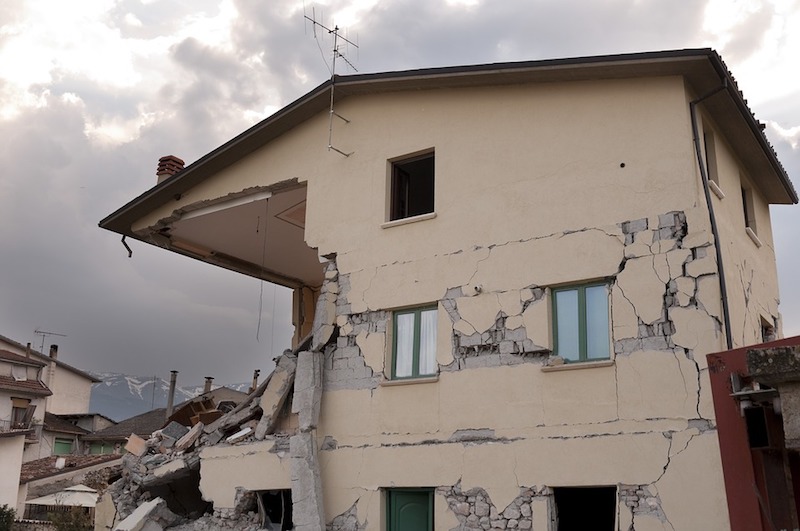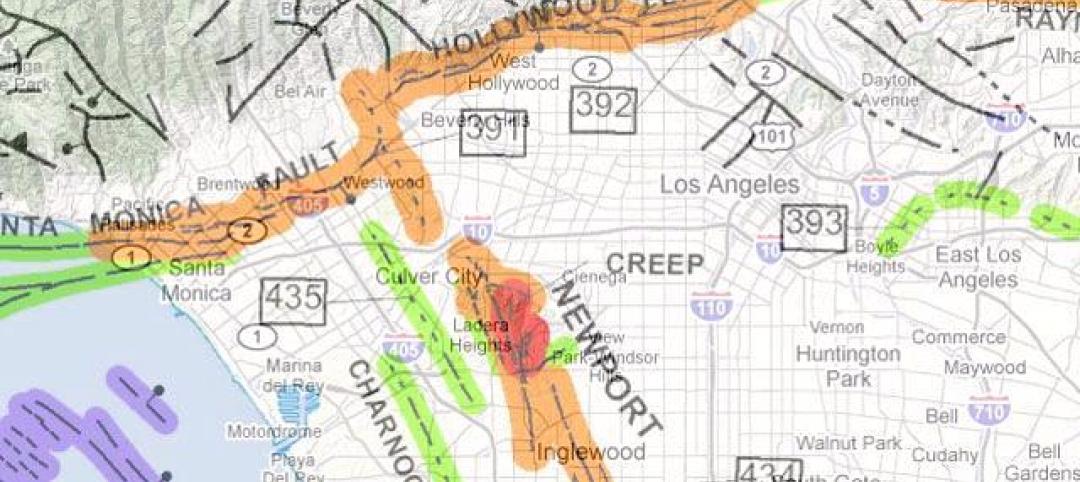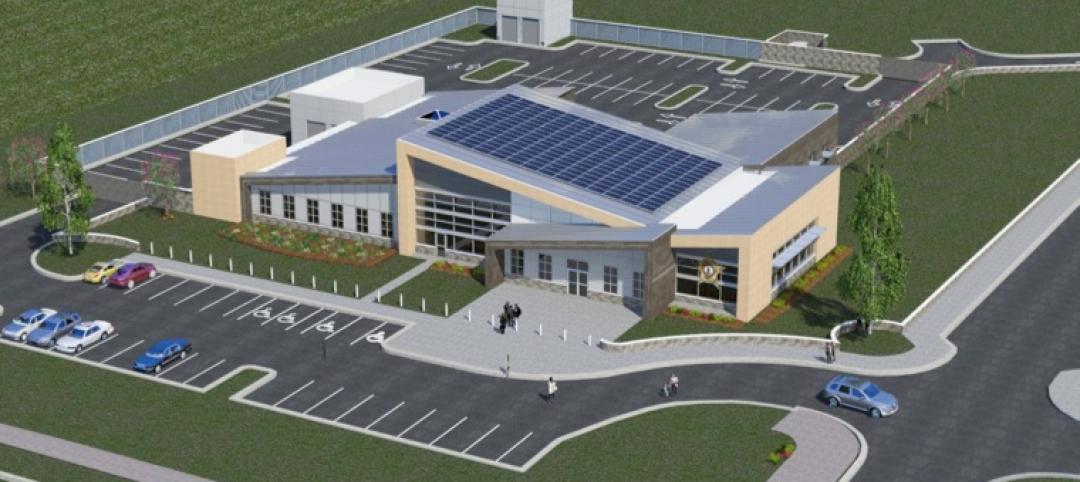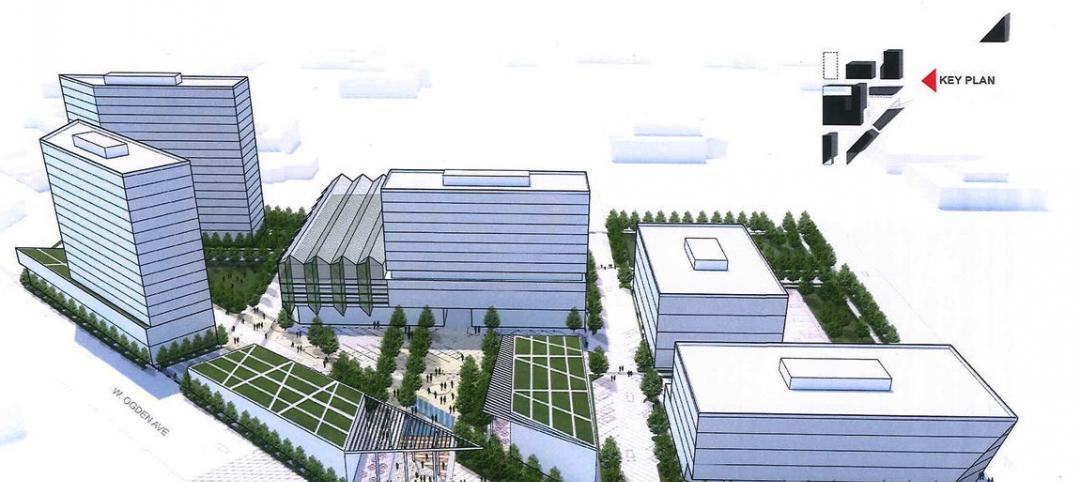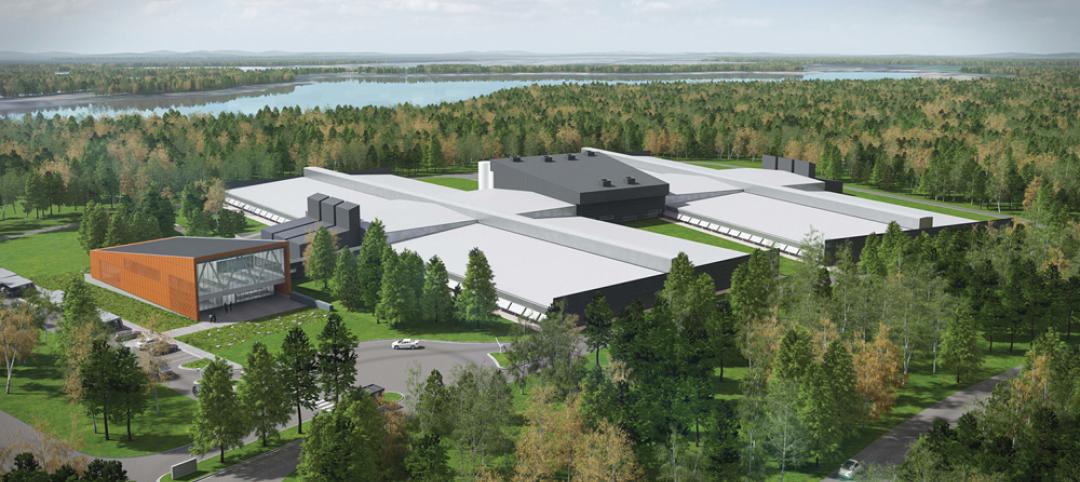The United States Resiliency Council through its support behind California’s AB 2681, a bill now in the appropriations committee that would assist cities in identifying the most seismically vulnerable structures.
The bill would provide funding and tools for cities to identify dangers to their communities and infrastructure. According to the council, the benefits of the bill include:
— Protection for affordable housing: Many vulnerable buildings are older structures that make up much of the state’s more affordable housing stock.
— Shielding communities from chaos: Projected loss of housing would leave hundreds of thousands of people homeless and in desperate need of refuge.
— Informing the public about personal risks: People have a right to make decisions about the buildings in which they live and work based on the best available information. Identifying and evaluating potentially vulnerable buildings is the first step toward engaging stakeholders about the importance of creating more resilient cities.
— Promoting social justice: Most of those impacted by a major quake will be lower-income residents whose lives and livelihoods will be disproportionately impacted due to their economic and social status.
— Protecting public health: Many older buildings contain asbestos and lead, which, when released into the air and groundwater from crumbled rubble will pose a public health problem of potentially overwhelming impacts.
Related Stories
| Aug 21, 2014
American Iron and Steel Institute revises 14 test standards
The American Iron and Steel Institute (AISI) published 14 revised test standards in its S900-series.
| Aug 14, 2014
Mississippi county rejects adoption of state building code
The county board of supervisors voted unanimously to opt out of the state building code.
| Aug 14, 2014
Boards at odds over North Carolina county’s CM-at-Risk policy
Some local small contractors are not pleased with the school board’s CM-at-Risk policy that was instituted in 2007. The county’s board of commissioners has offered a sympathetic ear to their complaints
| Aug 14, 2014
2014 National Electrical Code now effective in 12 states; 11 more to come online by January
The National Fire Protection Association (NFPA) says that the 2014 edition of the National Electrical Code(NEC) is now effective in 12 states: Alabama, Colorado, Idaho, Maine, Massachusetts, Minnesota, New Mexico, Rhode Island, South Dakota, Vermont, Washington and Wyoming.
| Aug 14, 2014
CDC report highlights need for heat acclimatization to prevent worker deaths
CDC supports OSHA’s analysis suggesting that the primary risk factor for heat fatalities is the lack of acclimatization programs.
| Aug 8, 2014
California revives study of earthquake faults
California reinstituted an ambitious plan to study dangerous earthquake faults and create zoning maps that could restrict development.
| Aug 6, 2014
Loudoun County, Virginia may dump green building requirements
Loudoun County, Va., supervisors may do away with a county policy that requires LEED Silver certification on new county buildings.
| Aug 6, 2014
$300 million mixed-use project in Chicago’s medical district wins key approval
The Illinois Medical District Commission approved a 1.16 million-sf, $300 million mixed-use project in Chicago’s Illinois Medical District.
| Aug 4, 2014
Facebook’s prefab data center concept aims to slash construction time in half
Less than a year after opening its ultra-green, hydropowered data center facility in Luleå, Sweden, Facebook is back at it in Mother Svea with yet another novel approach to data center design.
| Jul 31, 2014
LEED Dynamic Plaque gives owners and tenants ability to monitor building performance
The LEED Dynamic Plaque could aid certified buildings in maintaining performance with up-to-date information about water and energy use, waste reduction efforts, occupant experience, and other green performance categories.


